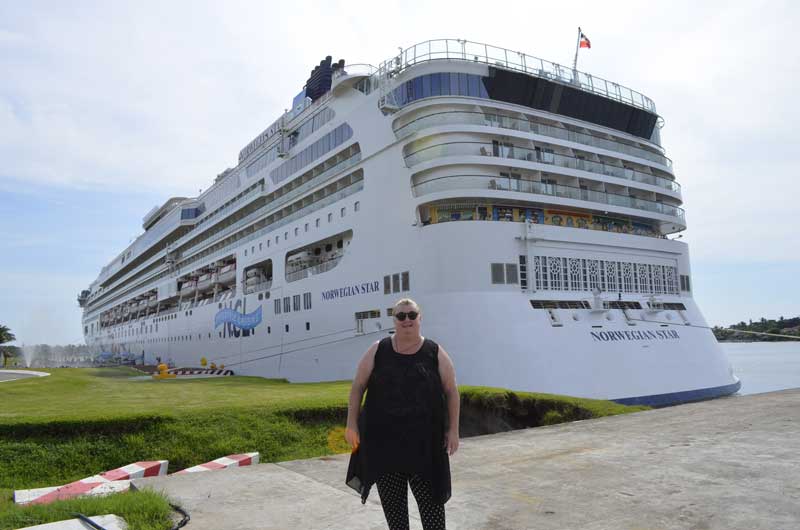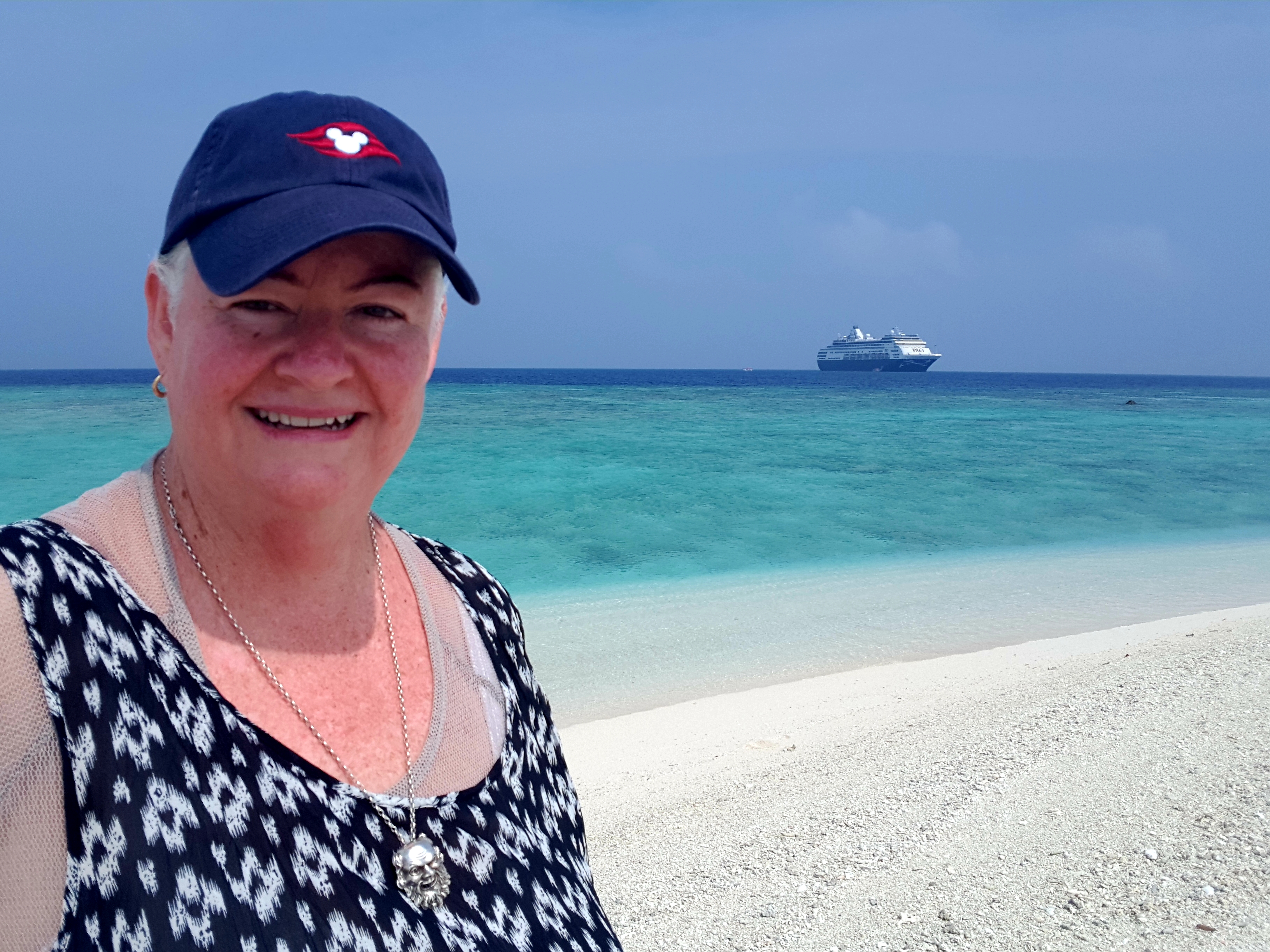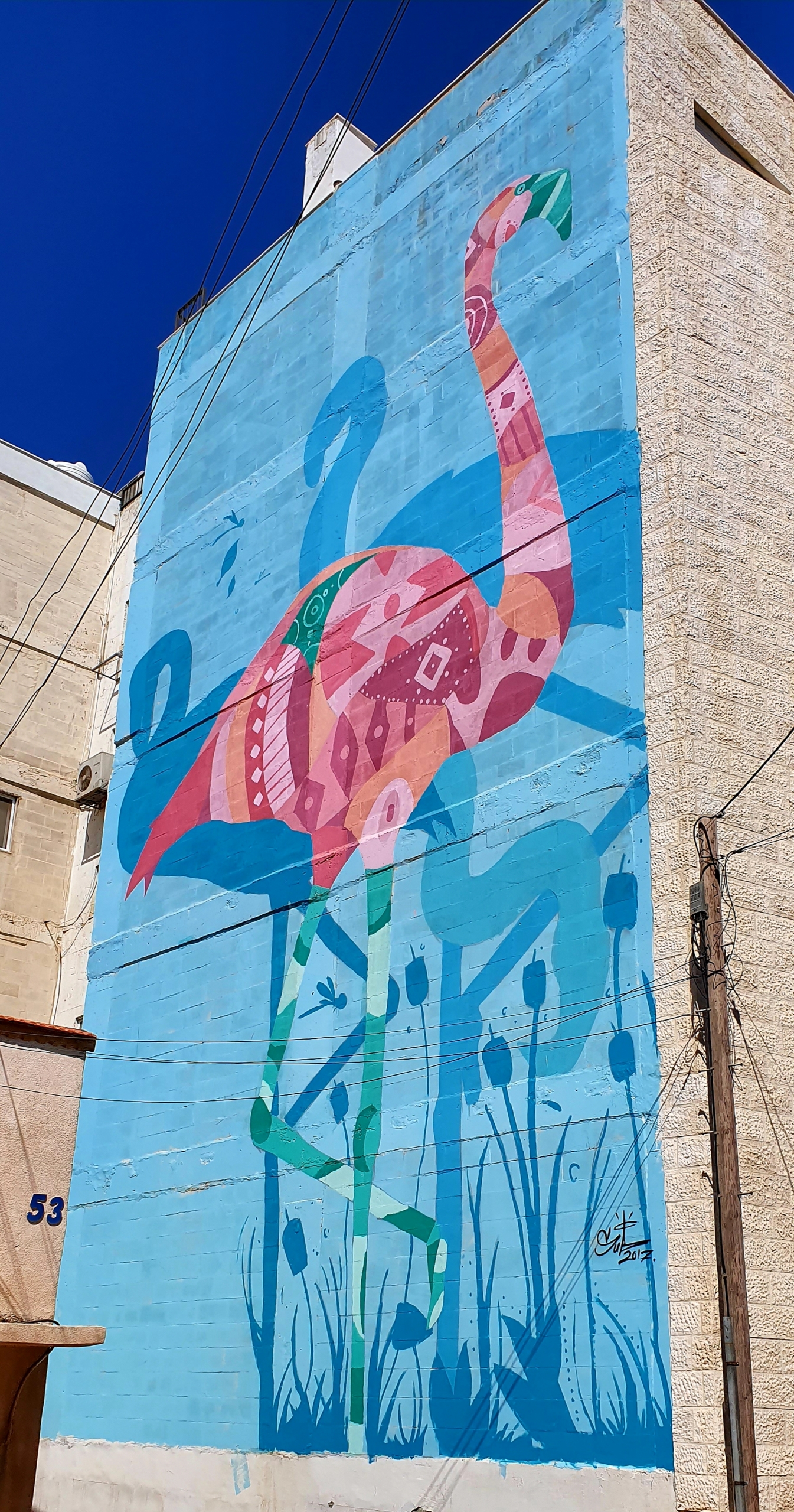As the world rolls into another month of lock-downs and travel restrictions, we can not lose sight that we will start to travel again. I am confident that the world of travel will be monumentally changed when borders reopen. The current restrictions to movement around the world will lay the foundations for new rules and regulations for all travellers. Following the staggering global COVID-19 pandemic, the travel industry will recover as it has done following other crises it has faced. Bucket list and adventure travel will always motivate travellers to re-engage with the travel industry. We will have to find ways that we can mingle with locals, visit street markets and attend entertainment and sporting events, etc. safely.
The spirit of travel will not be extinguished, though travellers will become more cautious, especially in the early stages as destinations reopen to travellers. People will be encouraged to travel by seeing reasonable process and physical changes to make travel safer. As no one can genuinely predict the future, the future as always is filled with possibilities. People will always find a way to travel even after people’s personal finances have taken such a massive hit during the loss of income and stay-at-home rules.
Unfortunately, I predict humans being humans that people’s true colours will come to the fore, as historically we have all witnessed social stigma associated with other disease conditions, will this translate to COVID-19 survivors. This stigmatization may put a lot of people off travelling.
Different countries are facing different stages of the COVID-19 pandemic, this will reflect on countries and regions opening to travellers at different times. Limited travel to specific regions may be one of the first strategies employed. Cities or regions hardest hit may have delayed opening. Conversely, they may open early as they may have passed through the worst of the outbreak. Opening borders will stimulate the economy as long as the supply chains are sufficient and there are enough people employed to support re-emerging business. Some devastated regions may be reluctant to reopen borders, fearing the viruses return.
Passports and Visas
You may need to carry more than a passport to enter some countries. As counties reopen their borders there may be process changes which could include temporary visa or visa restrictions. You may find restrictions on travel if you are coming from a known COVID-19 hotspot. There may be regulations to provide a certificate of immunity or proof of vaccination (when applicable). You may have a notation such as a QR code on your passport or being asked to register on an app or carry an identification card may be ways to identify your COVID-19 status. You may feel that your personal liberties are being violated much stronger than after 9/11. Temperature testing, health checks and screening, observed coughs or sneezes in transit may contribute to you being denied entry into some countries. Counties could do medical screening and COVID-19 testing at the border. After the swab is taken, you wait for the results before gaining entry to a country. There may be strict restrictions on people travelling with cold or flu-like symptoms. Some countries may keep a compulsory quarantine period as part of the entry requirements. To help mitigate a second-wave spread, there may be random rolling travel bans into or out of some countries.
Travel could become more seasonal and expensive as governments may enforce rolling closures of counties and restrict the amount of travel to balance the economy and the potential demands on healthcare systems. You may need to make your travel plans guided by potential government restrictions on travel to designated weeks or days.
Travel may return in stages. Essential travel may broaden to restricted or defined purpose travel before relaxed travel returns, if it ever does. Domestic, along with land content travel may be easier to accomplish. This would especially be relevant in counties where borders may remain closed and travel bans are enforced. I would imagine that most people’s first trips will be visiting family and friends that people haven’t seen during the social distancing and lock-downs. Day trips, minimal contact camping and other close domestic locations with quieter destinations, no crowds and larger hotel rooms may form the beginnings of our new travel world.
Business travel may be on the forefront of the recovery for airlines and hotels. Virtual business may have met business needs in the short term, I can see face-to-face meetings will re-emerge helping the recovery of the travel industry. Business travel initially may need to be validated as the risk is balanced against economic activity. On the other hand some companies may restrict employee travel as a way to save money and increase their viability.
When people start to travel internationally prior to a proven vaccine, travellers may be drawn to destinations with little or no evidence of COVID-19. Countries with robust health care systems and good COVID-19 recovery rates may be appealing. These choices will be restricted by those destinations and their willingness to allow visitors who could be COVID-19 carriers in. Potentially international travel may not see a reasonable comeback until after widespread vaccinations are available. When the world of travel stabilizes, travel may become more bespoke.
Flights
The aviation industry will recover by restructures, mergers and spin-off low-cost carriers, changes in business models and reconfiguration of planes. Cost of travel may change. Initially there may be a drop in prices as companies incentivize travel. Prices may increase as fewer passengers will have to pay for flights that were once loaded with passengers. Physical space may increase as seats may be removed or seats made further apart.
Pricing and booking flexibility could be areas of change in the airline industry. Looking at historical trends, prices of flights may be cheaper with deeply-discounted fares to encourage travel in the beginning of the recovery period. Flight scheduling might not be as frequent. You might see desperate airlines when they are gearing up to become airborne again, seats may be limited which you could see a dramatic increase in pricing. It might be more comfortable travelling if the middle seat is left vacant to reduce passenger interactions. The higher prices could be influenced by reduced number of passengers and the cost to reconfigure planes and changes in air filtration. Airlines may try to recoup costs by eliminating some on-board food and beverage services. There may be flexible re-booking rules, change & cancellation fees and waivers may be less onerous for a time.
When you are making your travel choices you will start to ask yourself, how safe is the air on-board your plane? Which plane has the cleanest air and what grade of air filter is used? How will planes reduce microbes in the recycled air? Airlines will start boasting their filtration systems and advertise these changes in a bid to stop people canceling or encouraging new bookings.
At some point in your booking process there will most likely be a mandatory flight insurance notification field. Travellers will need to read the super fine print of insurance policies to determine in pandemics are included in the policy. Insurers will definitely rewrite their Product Disclosure Statements and design their products to address this new pandemic reality.
Cleanliness & sanitation
Whether it’s a flight, an airport, a hotel or a cruise, there has to be changes in monitoring and cleaning public spaces and the environment. You will see an increase in direct communication by companies to inform guests about sanitation and cleaning changes. This will go some way to increase confidence and reassure travellers. Sanitation and cleaning may be more visible with regular scheduled disinfecting of public spaces. This will demonstrate the commitment of travel operators for your safety to ensure ongoing business. You will see a change in air filtration in hotels, on planes and cruise ships.
Packing for Post-COVID travel
I will be a bit lucky in a Post-COVID-19 world, I have carried wet wipes and cleaned my environment for a long time (maybe a nurse thing). I once cleaned my plane seat area and the lady next me was so impressed she did the same. Potentially hand sanitizer will be more prevalent as you enter a plane, as there is when you board a cruise ship. Maybe small bottles of hand sanitizer will be allowed on all flights without restrictions, that will be great. A face mask may become the next ‘must have’ travel item. If there is a compulsory wearing of face masks order, it will be interesting how people in the west might react after decades of suspicion about cultural face coverings.
Train could be the new plane
If domestic travel is the first avenue of recovery, a train journey may be the answer. It may be a travel environment that is more controllable. With less passengers, travel around Europe especially will be a reasonable choice. Trains may contribute to a more sustainable environmental way to travel, contributing to economic recovery. I have always enjoyed train travel as they are often less crowded.
Restaurants
You will see seating at restaurants may be reduced, limiting the number of diners within confined spaces. Dinning bookings may be required including your phone number if any contact tracing needs to occur. Food service may be performed with servers wearing masks and gloves.
Cruise Travel
Cruising will be the one travel industry will struggle to recover. With current April 2020 CDC guidelines restricting any reboot to the industry until a minimum in mid-July 2020, the cruise industry has to meet new standards. Frequent cruises may encounter low cost cruising as when the industry reappears. The real challenge will be attracting new cruise customers. This will be fundamental for the survival of the cruise industry.
Procedural changes you can reasonably expect will be temperature checks of passengers and crew when you embark and disembark, even at ports of call. Anyone showing any signs of infection would be moved into quarantine. Testing for COVID-19 is also going to part of the process changes for the cruise industry. Ongoing monitoring, tracking and reporting of passengers health conditions will also need to be a foundation of the whole cruise experience in the future. This may be a cumbersome process that might not catch all infectious people, though it may be a system to reassure cruisers and encourage bookings.
Changes required by the CDC include the cruise industry being more medically self-sufficient dealing with outbreaks of disease on board any ship. Whether this leads to a designated hospital ship being assigned to each region or expansion to on-board medical services we will wait to see. Retrofitting of existing ships will include quarantinable rooms and expansion of the current stabilizing medical service model to more of a hospital care delivery service. The medical and nursing staff will be increased to service these larger hospital facilities.
Changes to sanitation and cleaning protocols will be reasonable easy for cruise lines to achieve. Cruise lines have been agile and responsive to these types of changes in these areas in the past.
New ship construction may be put on hold for a time. Though when new ship construction continues they will potentially have a larger stateroom therefore reducing passenger density. Some planned refurbishments may be delayed in this initial phase to save ongoing costs, though you could see some current ships being retrofitted during this COVID-19 period will include spaces that meet ‘social distancing’ criteria.
Food service on board cruise ships will see changes as buffets service will be facilitated by crew members with a move towards more a-la-carte lower density dining options. Kitchen and food services may have a redesign during retrofitting and new ship builds. Entertainment spaces will be impacted by ‘social distancing’ guidelines for example theaters may be only filled with halved capacity.
I fear that my favourite cruise trans-Pacific/Atlantic cruises will be hit the worst as there will be less reason to preposition ships. I am looking forward to confirmation that cruise lines will upgrade the air filtration systems to reassure air quality.
Cruise insurance policies will potentially not cover COVID-19 evacuation and some government services such as Coast Guards, may not cover COVID-19 related medical evacuations. Private transfer or charter flight options may have to be in place to deal with any future evacuation needs. Smaller cruise ships and river cruises may be a reasonable travel alternative, especially for older more vulnerable travellers.
Hotels and Resorts
Travellers love hotels and resorts, especially with luxury add-ons such as spas and salons. There will be changes in the hotel industry to reboot occupancy rates. Hotel rates will definitely go down before they come back up as they have done during other historically uncertain times such as in 2001 after 9/11 or after the Global Financial Crisis ended. Like airlines, hotels chains merge under new branding and business model restructures. With changes in rigorous sanitation procedures staying in a hotel may be safer than other less lodging alternatives.
The development of solutions for the post-COVID-19 world will include applications in the areas of prevention, detection, disruption management, and operational efficiency. There may be changes that address over-tourism leading to sustainable ethical and environmentally responsible travel options. Changes to call centre efficiency, with re-booking and automated refund processing, real time travel updates, apps for real time health questions, prevention’s and treatments. Infrared camera technology for temperature screening universally deployed.
Automated airline safety check ins with access to real-time assistance. The sharing of information between travel services hotels, airports, cruise lines and airlines where travellers can learn about the potential risk of being in contact with a COVID-19 carrier. It is going to be a different world to navigate, with interesting dystopian overtones.
Stay safe.



